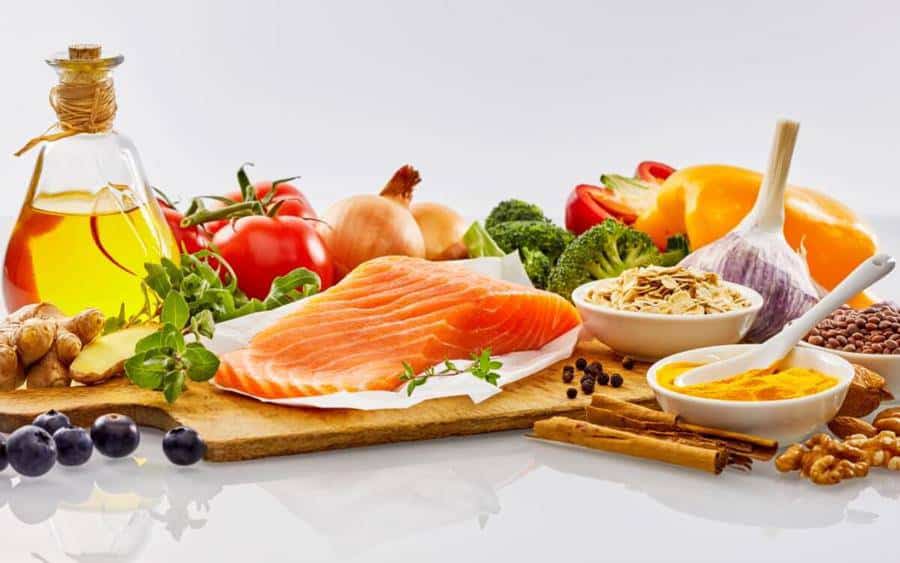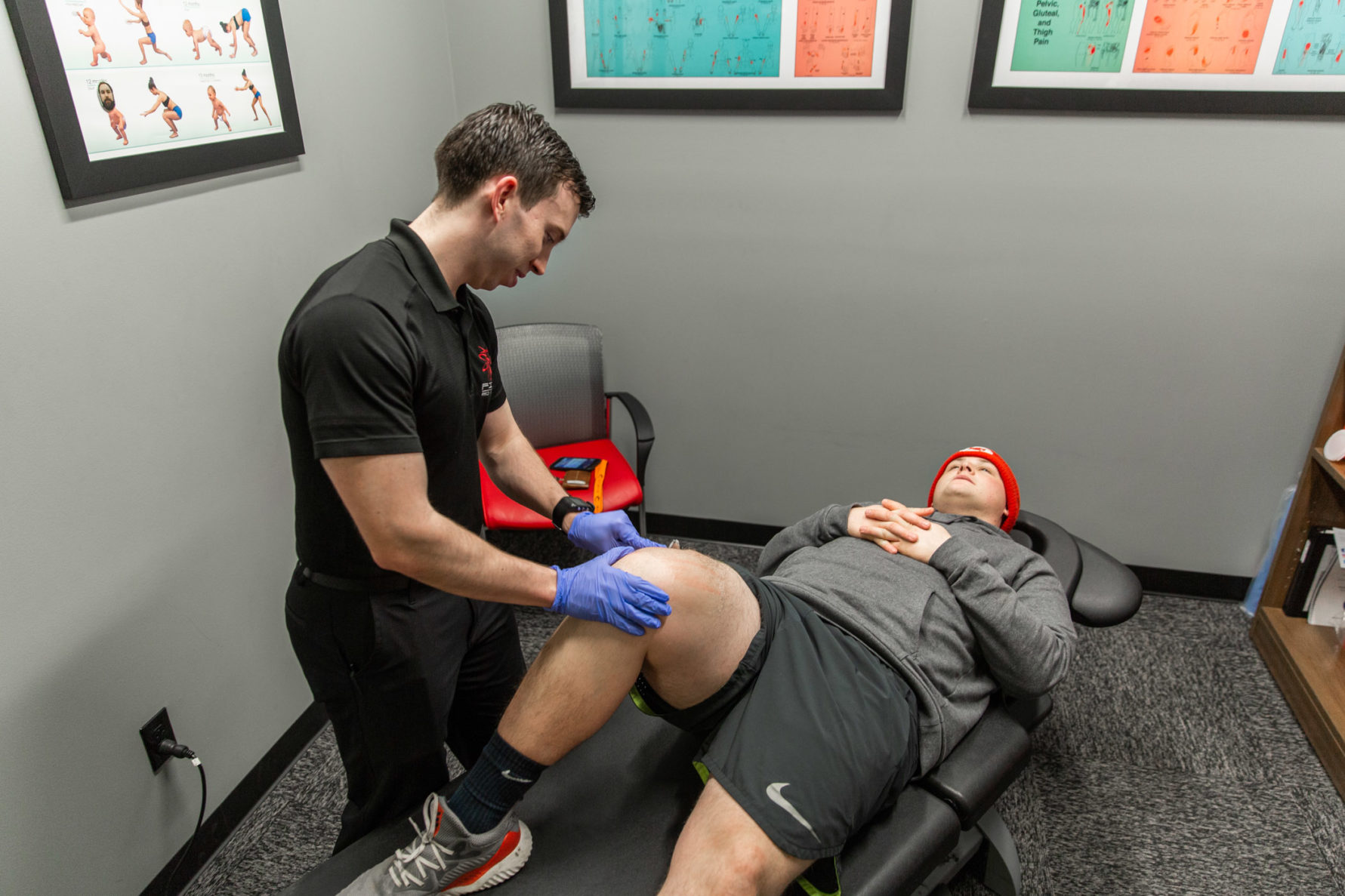
Did you know that inflammation, diet, and injury recovery go hand in hand?
What you consume directly affects the healing process, and we’re here to help shed some light on the sometimes difficult to navigate world of “health food.”
What are the effects of dieting?
There are hundreds, even thousands of different diets out there, and more and more people want to find a diet that works for them. However, many of these diets are very restrictive and hard to maintain long term. Studies have even shown that roughly 90% of those who go on a restrictive diet and lose weight will eventually gain that weight back. This has lead us to wonder, why not find foods that are healthy, nutritious, tasty, and give you the energy you need to go throughout your day without feeling drained. For our purposes we want to show you how your diet can actually affect your ability to recover properly. We want our patients to get the most out of our care as possible and a great way to do that is to eat right. This doesn’t mean you can never have a piece of cake or pizza again, but it does mean eating whole, nutritious foods MOST of the time.
A big factor hindering recovery & rehabilitation is inflammation in the body. This can look like general fatigue, waking up feeling stiff and achy, a sore throat, post-exertional malaise etc. What a lot of people do not realize is these symptoms are largely affected by inflammation and can be made worse by eating pro-inflammatory foods. On the reverse, symptoms can be greatly improved by eating foods that are anti-inflammatory.
What do you need to know about pro-inflammatory and anti-inflammatory foods and injury rehab?
Pro-inflammatory cytokines (cytokines are substances released from cells in the immune system) are immune regulatory cytokines that favor inflammation. This means eating foods that are pro-inflammatory increases the chances that inflammation occurs in your body. These foods can make you feel sluggish throughout the day and actually decrease your sleep quality. Pro-inflammatory foods have been shown to increase fatigue, soreness, recovery time, and mental fog. They also greatly increase your risk for developing obesity, heart disease, diabetes, other chronic diseases, and they greatly reduce the ability of your body to be able to recover properly therefore negatively impacting your healing and rehabilitation process.
Anti-Inflammatory on the other hand is anything that reduces inflammation in the body. You may not have inflammation currently, but eating foods that are considered anti-inflammatory can help your body recover more efficiently after a workout and will make you feel less bloated after meals. Anti-inflammatory foods are especially helpful if you have arthritis, inflammatory bowel disease, lupus, and other autoimmune disorders. Foods high in anti-oxidants, polyphenols, and Omegas-3 fatty acids have been shown to be great for reducing inflammation. Eating anti-inflammatory foods regularly can greatly decrease your risk of obesity, heart disease, diabetes, other chronic diseases and they will improve the ability of your body to be able to recover properly.
It can be difficult to know where to start so we’ve included a couple resources for you.
To start, here is a great example of a healthy anti-inflammatory Chicken Stir Fry recipe: 1 small onion, salt & pepper, ¼ tsp turmeric powder, ¼ tsp yellow curry powder (omit if you do not like curry), 2 cloves garlic, 1 inch ginger grated, 1 tbsp olive oil, 1lb chicken diced, 1 head broccoli chopped, 1 bell pepper diced, 8 ox snap peas cut in half, cashews chopped, jasmine rice, Sauce: ¼ cup soy sauce or coconut aminos or “no soy” soy sauce, 2 tbsp sesame oil, 2 tbsp spicy honey or regular honey, 1 tbsp cornstarch (optional to thicken sauce).
Here is a list of anti- & pro- inflammatory foods to help guide your food choices.
Is All Inflammation Bad Inflammation?
In short, NO! Inflammation is your body's way of reacting to an injury or infection by bringing blood and healing factors to the injured area. Inflammation plays a key role in the immune system's response to infection or injury. This allows the body to heal damaged tissue and fight off an infection, and it also allows the body to defend against future infections.
However, excessive or chronic inflammation in the body can cause problems and is usually associated with autoimmune disorders. When there is chronic inflammation present the white blood cells are no longer attacking solely what is causing the problem, but they are also attacking nearby healthy tissue and organs. A great example of this is, if you are overweight you have more visceral fat or fat around your organs and your body views this extra fat around the organs as a threat and the inflammatory process begins. Therefore, the longer you are overweight the longer your body stays in a state of inflammation. When the body is in a constant state of inflammation, this can lead to diseases such as arthritis, heart disease, and Alzheimer’s and even chronic pain. It is important to take a close look at your diet and your physical activity each day. What you eat plays a very important role in preventing many diseases and also will let you live a longer and much happier life and help you recover more quickly.



